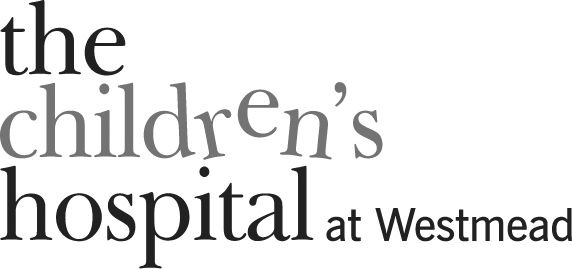Retinal Vascular Disease
What is a Retinal Vascular Disease?
Retinal Vascular Occlusion is a blockage of a vein in the retina or bleeding and leakage of fluid into the retina.
Visual loss varies depending on the severity of the blockage.
Who is at Risk of Retinal Vein Occlusion?
Retinal Vein Occlusions are more common in older patients. High blood pressure is the strongest risk factor, but other cardiovascular risk factors such as smoking, high cholesterol and diabetes may contribute. Less commonly other blood disorders need to be considered.
Symptoms of Retinal Vein Occlusion?
Mild cases may have no symptoms and may be picked up incidentally. These may not require treatment particularly if the macula is not involved. In other cases, there may be blurred vision. In the most severe cases, the eye becomes red, painful and blind.
Types Of Retinal Vein Occlusion
There are two main types of Retinal Vein Occlusion:
Central Retinal Vein Occlusion (CRVO)
Central Retinal Vein Occlusion occurs when the major central retinal vein, draining blood from the entire retina, is blocked. This results in poor blood flow throughout the retina and can cause severe loss of vision.
Branch Retinal Vein Occlusion (BRVO)
When branches of the central retinal vein become blocked, it is called Branch Retinal Vein Occlusion (BRVO).
A smaller area of the retina is usually affected.
Visual loss varies but is not as severe as with a Central Retinal Vein Occlusion.
How is Retinal Vein Occlusion Diagnosed?
An RVO is typically diagnosed by examining the retina after dilating the pupils. Your Ophthalmologist will be able to recognise the characteristic pattern of haemorrhages that occurs in a CRVO or BRVO.
Further tests include Optical Coherence Tomography (OCT) to quantify the degree of macular swelling (Macular Oedema).
Fluorescein Angiography and OCT Angiography are useful to identify the degree of underlying damage to the circulation.
Blood tests may be ordered to help determine the underlying cause of the condition. You may be referred back to your general medical practitioner or a physician for such investigations.
How is Retinal Vein Occlusion Treated?
The treatment recommended will depend on the severity of the Retinal Vein Occlusion and the effect on vision.
Mild cases of Retinal Vein Occlusion may require no treatment. A small proportion of RVOs do settle spontaneously.
More severe cases in which vision is reduced may require treatment, such as:
- Intravitreal Anti-VEGF Injections
- Intravitreal Steroid Injections
- Retinal Laser Treatment
Successful treatment of Retinal Vein Occlusion may take months or even years in severe cases.
Ready for Consultation?
About Us

Specialist medical and surgical eye care for adults and children for eye disease management
Quick Links
Services Offered
Get in Touch
Telephone: (02) 9868 2333
Fax: (02) 9876 4359
Email: admin@eppingeye.com
Address: 40 Essex St. Epping NSW 2121






